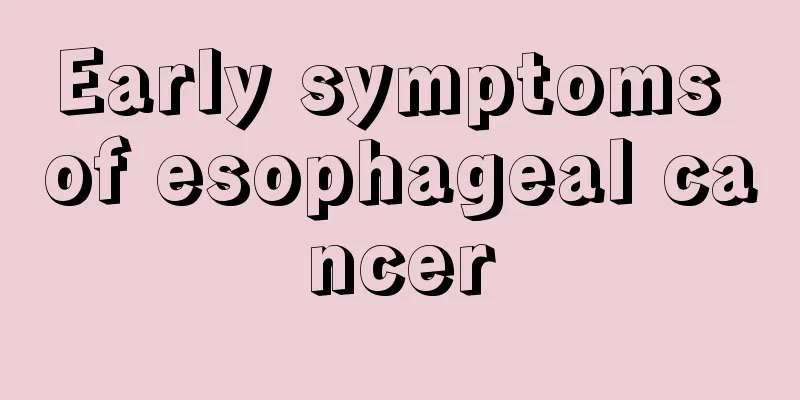What does the increase of TSH after thyroid cancer surgery mean? Why should patients take Euthyrox after thyroid cancer surgery?

|
Thyroid cancer surgery is a very common cancer surgery, mainly used to treat thyroid cancer. The success rate of this surgery is relatively high, so patients do not need to have too much psychological burden before the surgery. They should maintain a good and optimistic attitude. After the surgery, they should mainly have follow-up examinations and pay close attention to the elevated TSH index to avoid recurrence. First of all, there are two purposes for patients who have undergone thyroid cancer surgery to take Euthyrox for a long time: 1. We removed part of the thyroid gland during surgery, so the thyroid hormone is insufficient. We supplement some of the hormone by taking medicine. 2. Taking Euthyrox can lower TSH, and low TSH can control the recurrence of thyroid cancer. So is it true that the lower the TSH level, the better? No, although this drug is very safe, taking too much of it is not good after all (mainly because it increases the burden on the heart and causes osteoporosis), so we need to set a standard that is suitable for each person. 2 standard categories: Low-risk drug group: The following ten conditions must be met at the same time, including young and middle-aged people, asymptomatic people, no cardiovascular disease, no arrhythmia, no symptoms or signs of adrenergic receptor stimulation, no risk factors for cardiovascular disease, no comorbidities, premenopausal women, normal bone density, and no risk factors for osteoporosis. Medication medium- and high-risk groups: middle-aged, hypertension, symptoms or signs of adrenergic receptor stimulation, smoking, cardiovascular disease factors or diabetes, perimenopausal women, osteopenia, osteoporosis risk factors. If any of the above 8 conditions are met, they are considered medium-risk. Any of the following conditions are considered high-risk, heart disease, elderly, postmenopausal women, and concomitant other serious diseases. Each patient will belong to different categories at different times. If you don’t understand which category you belong to, you can ask your doctor. |
>>: What are the common stages of thyroid cancer? Will thyroid cancer recur after surgery?
Recommend
Does neck pain mean cervical spondylosis?
Nowadays, many people are affected by cervical sp...
Examination items that patients with pituitary tumor disease should do
We all know that when we are sick, we must go for...
What are the early symptoms of lung cancer? Four common early symptoms of lung cancer
It manifests as hypertrophy of the first joints o...
Fear of swimming
Swimming is a very beneficial way of fitness for ...
How to wash moldy clothes
In spring, a rainy and humid season, if clothes a...
Introduction to methods of killing mosquitoes
I believe everyone hates this animal, that is, mo...
When should I take simvastatin tablets
There is no strict regulation on the use time of ...
How to understand the pathology of rectal cancer
In recent years, rectal cancer has become one of ...
Is there a cure for osteosarcoma
The harm caused by osteosarcoma is quite serious....
What is the relationship between weight and life expectancy
Hereditary thinness, BMI value rarely falls below...
Can toothpaste remove dark circles?
Generally speaking, toothpaste cannot treat dark ...
TCM diagnosis of colon cancer
Colon cancer is a common malignant tumor in the g...
How much is the total cost of osteosarcoma surgery
The treatment of osteosarcoma must be timely. Man...
What should you pay attention to after chemotherapy for small cell lung cancer? Pay attention to these points
During chemotherapy, patients with small cell lun...
What is the cause of a child's penis swelling and pain
When boys are young, they are very curious and in...









